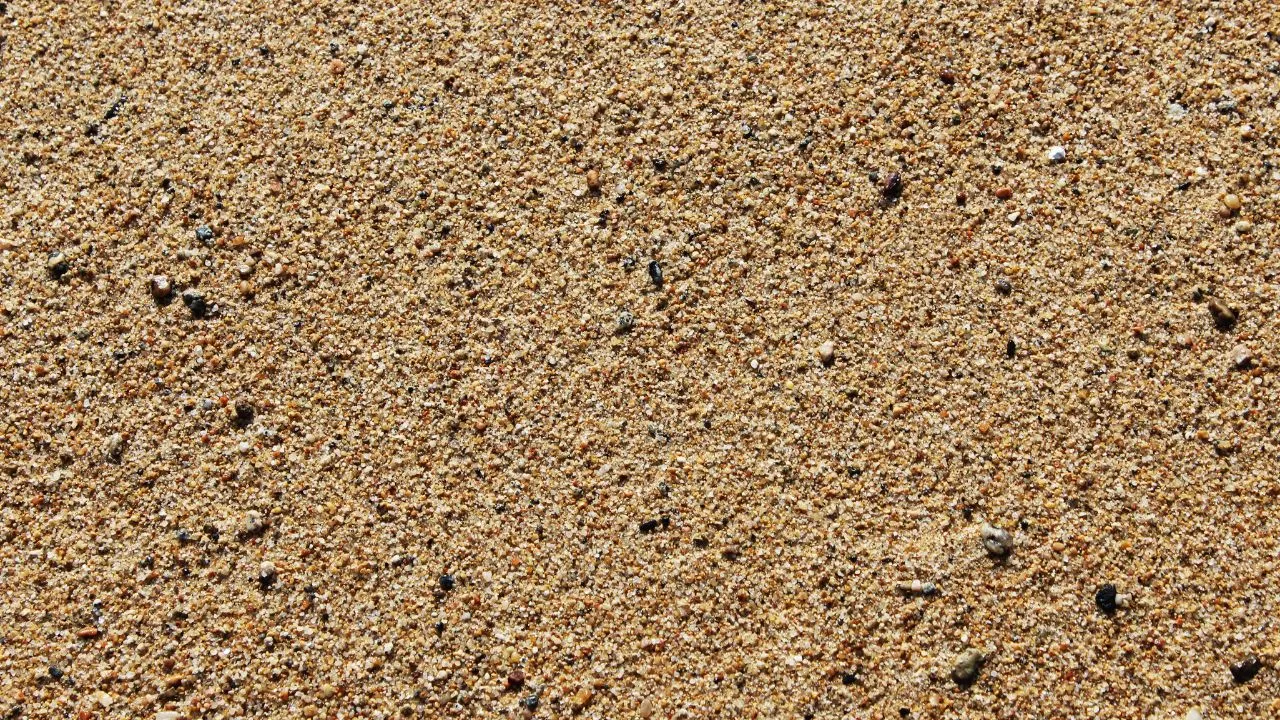Whether you're working on a construction project or landscaping your backyard, knowing how much sand you need—and what it weighs—is essential. Our Sand Weight Calculator helps you estimate the total weight of sand based on its volume and density.
Formula Used in Sand Weight Calculator
1. Calculate the Volume of Sand
To find the volume of sand, use the formula:
Volume=Length×Width×Height
(Make sure all dimensions are in the same unit, typically in feet or meters.)
2. Calculate the Weight of Sand
Once you have the volume, multiply it by the density of sand to get the weight.
Weight=Volume×Density
(The density of sand is usually around 100 lb/ft³ or 1600 kg/m³, depending on the type of sand.)
Example Calculation
Let’s say you have a sand area that is:
- Length: 10 ft
- Width: 5 ft
- Height (Depth): 1 ft
- Density: 100 lb/ft³
Step 1: Calculate Volume
Volume=10×5×1=50 ft3
Step 2: Calculate Weight
Weight=50×100=5000 lbs
Conclusion
Our Sand Weight Calculator is a simple yet powerful tool for estimating how much your sand will weigh based on its size and density. Whether you’re filling a sandbox or planning a major building project, this calculator can help you save time and avoid costly mistakes.
FAQs
1. How much does sand weigh per cubic foot?
Sand typically weighs around 100 pounds per cubic foot (lb/ft³). However, the weight can vary depending on moisture content and sand type.
2. What is the density of sand?
The average density of dry sand is about 1600 kg/m³ or 100 lb/ft³. Wet or compacted sand can be heavier due to added moisture and reduced air gaps.
3. How can I calculate the weight of sand?
You can calculate the sand weight using this formula:
Weight=Length×Width×Height×Density
Enter all dimensions in the same unit and multiply by the sand’s density.
4. Does wet sand weigh more than dry sand?
Yes, wet sand is heavier than dry sand because water adds extra weight. Always consider moisture when estimating the weight of sand for transport or construction.
5. What types of sand are commonly used in construction?
Common types include:
- River sand – smooth and ideal for plastering
- M-sand (Manufactured sand) – used in concrete mixes
- Pit sand – coarse and used for masonry work
Each type may have a slightly different weight due to grain size and composition.

Check out 1 similar Sand Weight Calculator :